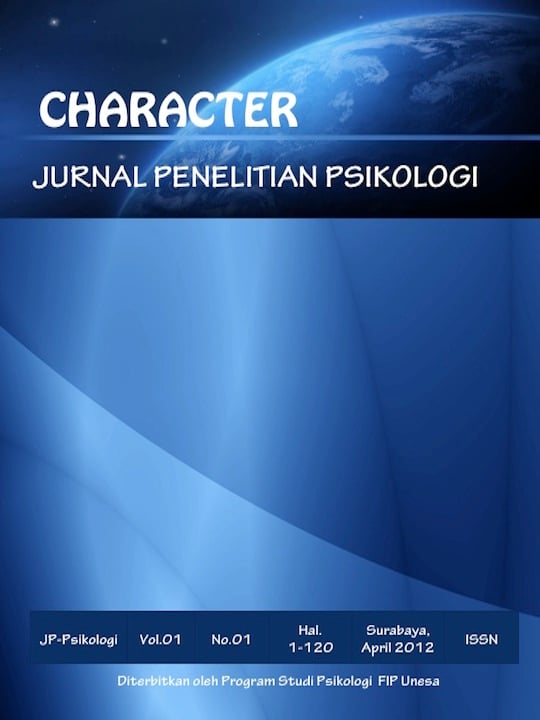A Modeling in the Theft Recidivists from the Perspective of Bandura
DOI:
https://doi.org/10.26740/cjpp.v10i1.53367Abstract
A high number of criminal theft phenomena in Indonesia are carried out by recidivists. Recidivism is the repetition of the same crime which causes the individual to return to being a prisoner within a certain period of time. Based on the preliminary study it was found that the perpetrator learned this theft from the closest person in his environment. This study aims to examine the process of the formation of repeated theft criminal behavior associated with modeling from the perspective of Bandura and the influencing factors. The research method used is a qualitative case study approach. Data was collected by means of semi-structured interviews with three participants and a thematic analysis was carried out. This study found that there is a pattern of learning theft behavior in recidivists, namely (1) attention process, the individual is interested in the theft after directly seeing the theft process being carried out (2)retention process, the strategy and criminal methods of theft are stored in the form of verbal and visual coding ( 3) motoric production, starting to try because of cooperation until they become used to it (4) motivational process, the behavior is maintained because stealing is considered a way to easily achieve needs. The ease with which criminal behavior is found in the surrounding environment and accepted becomes an external factor, while internal factors are low self-esteem, low self-control, and a long criminal history. The results of the analysis also show that this behavior is imitated and maintained by recidivists by considering rewards.
Key word : Modelling, Theft recidivism, Bandura's perspective
Downloads
Downloads
Published
How to Cite
Issue
Section
License
Authors who publish in this journal agree to the following terms:
Copyright in any article is held by the author.
The author grants the journal, publication rights with the work simultaneously licensed under a Creative Commons Attribution License that allows others to share the work with an acknowledgment of the work's authorship and initial publication in this journal.
Authors may enter into separate, additional contractual arrangements for the non-exclusive distribution of the journal's published version of the work (e.g., posting it to an institutional repository or publishing it in a book), with an acknowledgment of its initial publication in this journal.
Authors are permitted and encouraged to post their work online (e.g., in an institutional repository or on their website) prior to and during the submission process, as this can lead to productive exchanges, as well as earlier and greater citation of published work.
 Abstract views: 266
,
Abstract views: 266
, PDF Downloads: 401
PDF Downloads: 401





